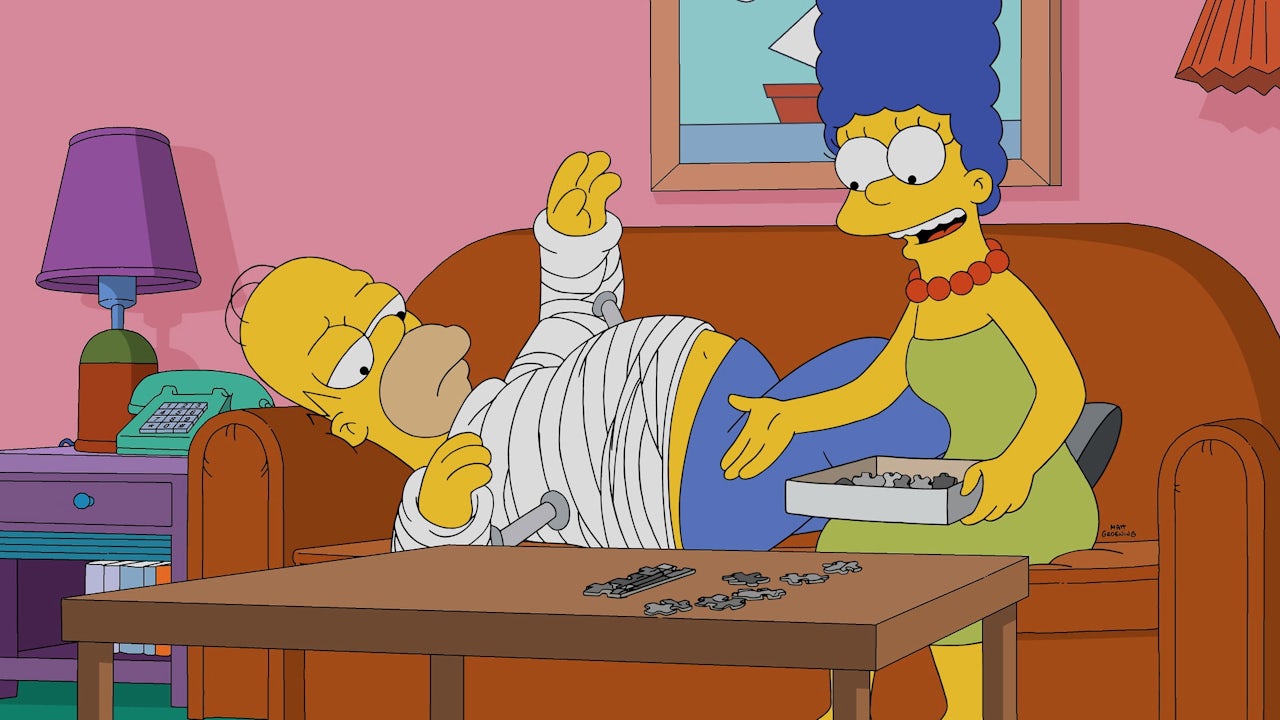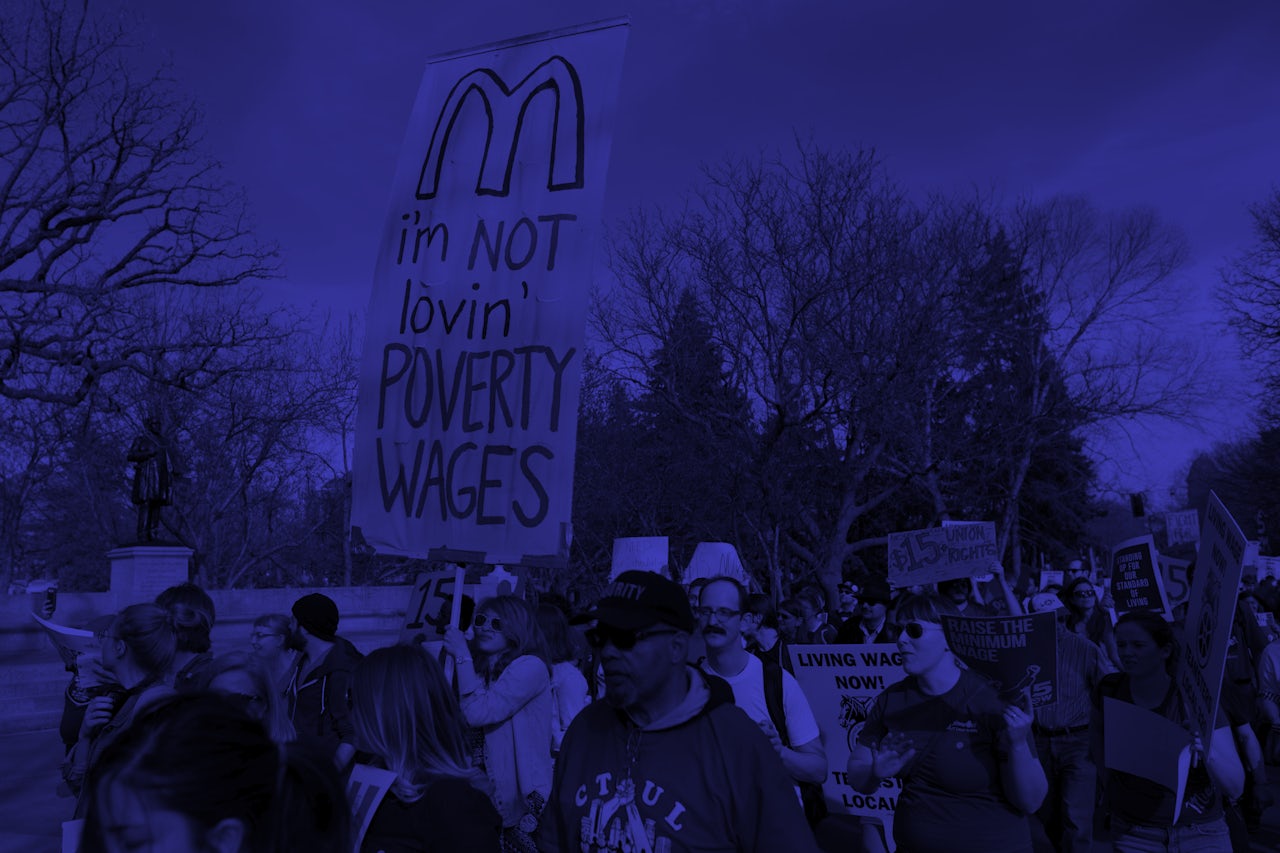Let me start by saying: I don’t want a medal for any of this, or even a pat on the back. It’s just the way a family in 2017 is supposed to work. But when a colleague texted me the link to this morning’s viral video of a BBC interviewee struggling to manage his childrens’ intrusion on a live shot, I was in the kitchen, slicing apples for my 4-year-old’s afternoon snack, wolfing down a piece of toast, keeping an eye on my phone for work, and explaining to my son why his outburst of whining meant he could not watch TV today.
Meanwhile, my wife was at risk of missing her train to the office. “It’s 7:56,” I yelled up the stairs. “If you don’t leave now, you won’t make it.”
A few minutes later, I took a moment to watch the video, which provided a very different view of the gender dynamic in work/family balance. Prof. Robert E. Kelly is making a Highly Serious Point about the political situation in South Korea from his home office, when his daughter enters the room and bounces over to him. Prof. Kelly stiff-arms the little cutie, trying to push her out of the shot. A smaller child follows, rolling in on a portable high chair and chased by a frantic woman, whose job is clearly to keep the house in order while the important man says his important things. Professor: Next time, just hoist the kid into your lap, smile, and continue the interview.
“Pardon me,” Kelly says instead, closing his eyes and emitting a tense laugh. “My apologies.”
By mid-morning, the BBC’s tweet had been retweeted more than 7,000 times, and countless other posts about it were making their way around social media. Of course, Prof. Kelly’s desire for quiet during his TV hit made sense — but a little grace under pressure would have set a far better example. Instead, he came off like one of the clueless dads we’ve seen on television for more than half a century, from Fred Flintstone to Al Bundy to Homer Simpson. These portrayals are actually even more damaging for women than men, because they reinforce the notion that mothers are the only ones who can parent with grace, thereby forcing mom back into the home.
Here in reality, family dynamics have actually undergone a dramatic change. According to the Pew Research Center, fathers nearly tripled the time per week spent with their children between 1965 and 2011, from 2.5 hours to 7.3 hours. (In that same span, women went from 10.2 hours per week parenting to 13.5.) Women, while still dealing with a wage gap and other manifestations of sexism, have assumed a far more prominent role in the workplace. Spurred by the Great Recession, during which men accounted for 70 percent of jobs lost, women for the first time comprise more than half of the workforce, according to the Center for American Progress.
As a result, families everywhere are engaging in new discussions about their daily routines, and fathers are pushing themselves to be more involved than in prior generations.
But it’s still far easier to be a man, and Prof. Kelly doesn’t help. For all we know, he could be a wonderful father outside of this moment — that’s not the point. His contribution today, viewed all over the world, was to reinforce the idea that men were supposed to do serious work, and women were supposed to chase after the kids.
Back at my house, it was hard to say who this video insulted more: the dad struggling through a pre-k drop-off on a snowy morning, or the mom hustling to her office.

